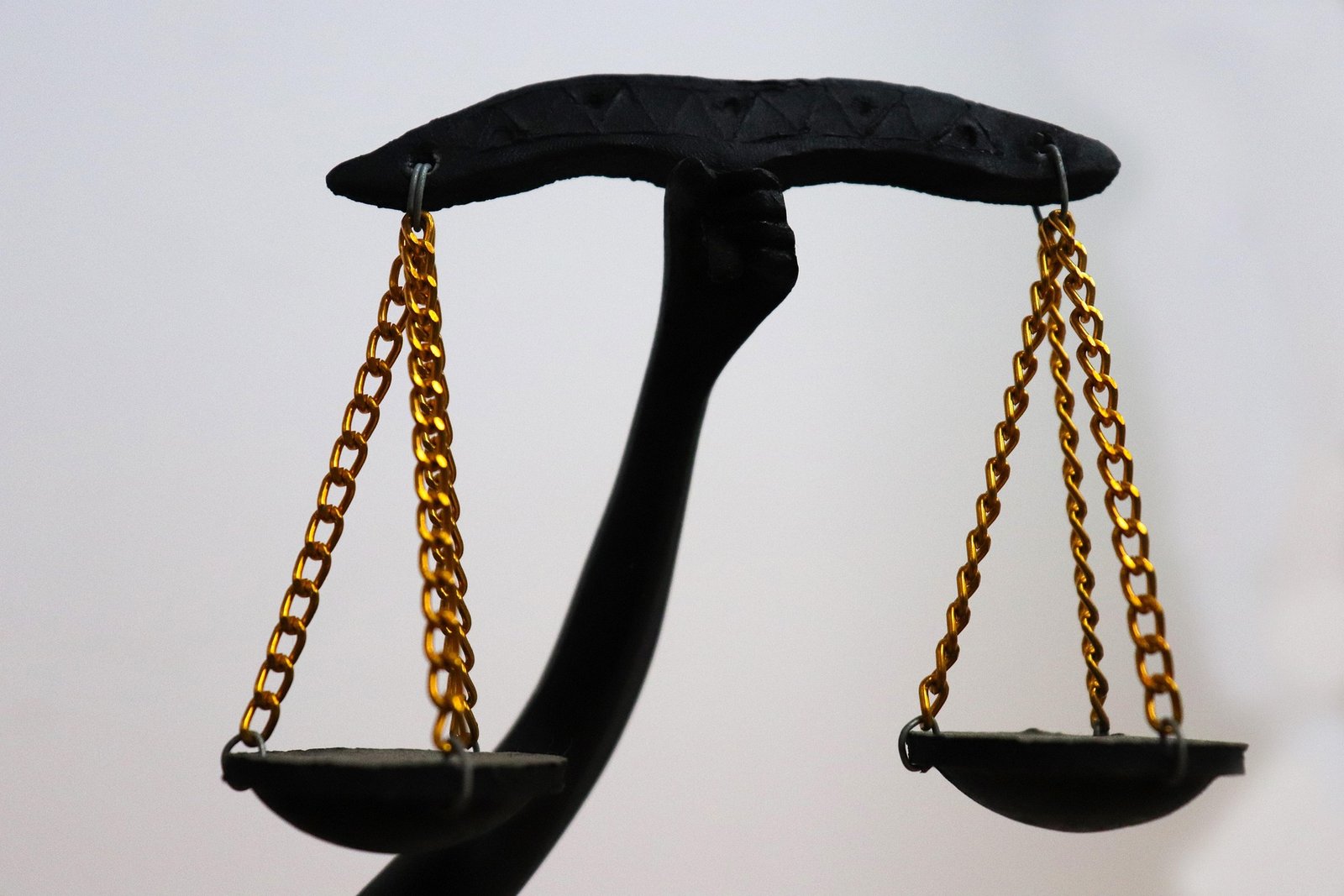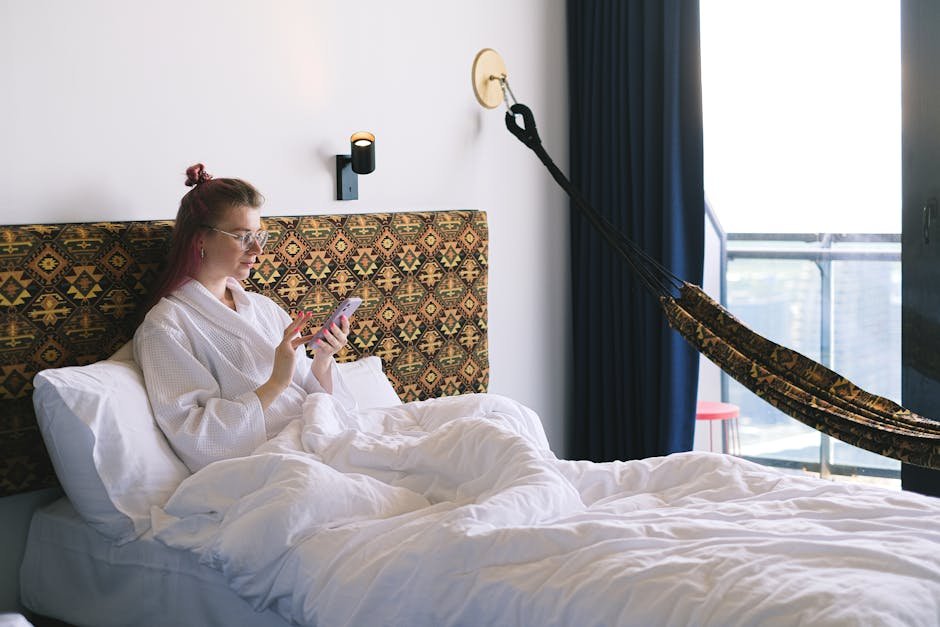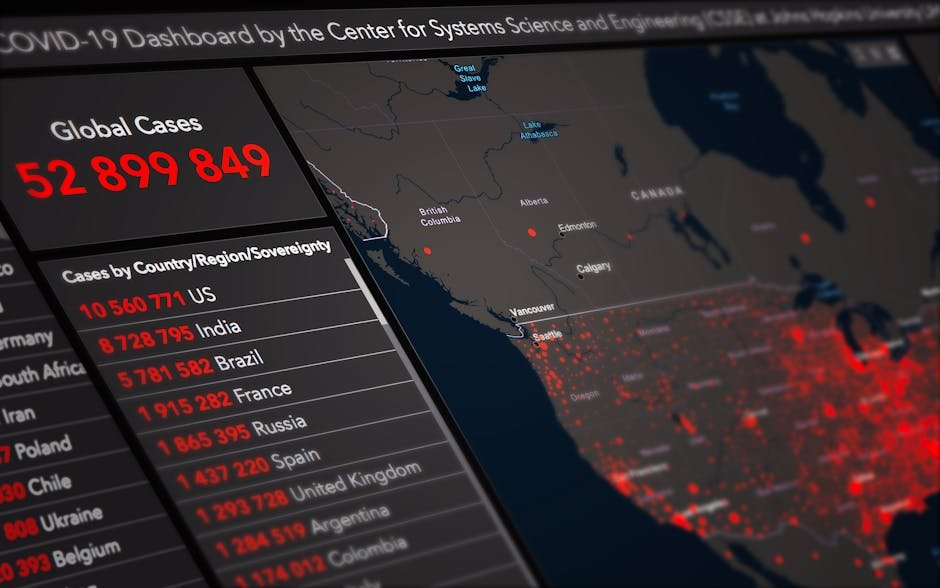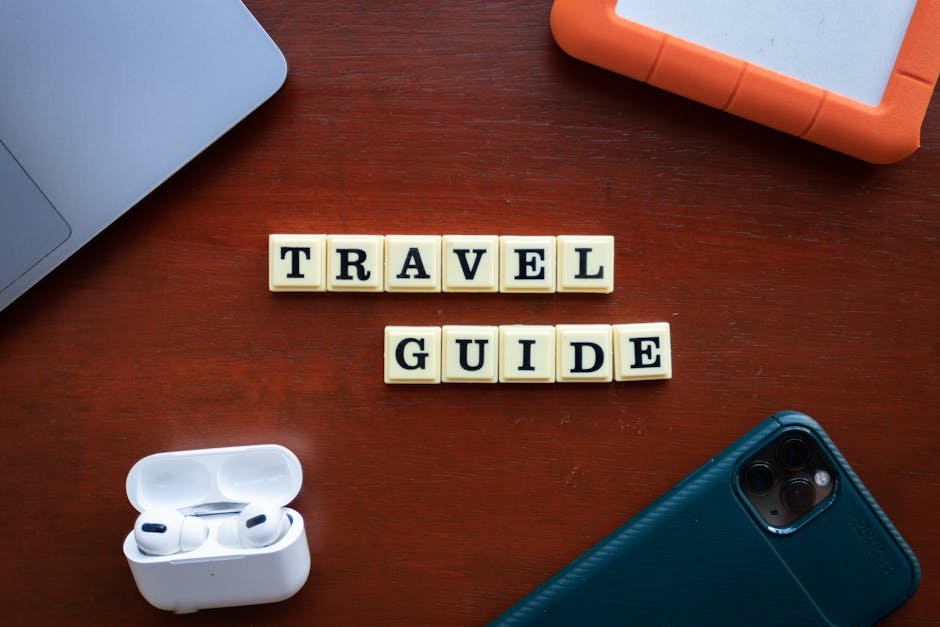The digital nomad life is a dream—freedom, adventure, and work on your terms. But then, a nagging thought creeps in: Where am I supposed to pay taxes? Or worse, Is my freelance setup even legal? Tax residency and legal structures can feel like a maze, but they’re crucial for keeping your nomad life stress-free and legit. Let’s break it down with practical tips, a story about Sarah, and some hacks to stay productive while you sort it all out. Ready to roam without the taxman haunting you? Let’s go!
Why Tax Residency Matters
As a digital nomad, you’re hopping borders like it’s a game, but governments aren’t as chill about it. Tax residency determines where you owe taxes on your income—your home country, your current country, or both. Get it wrong, and you could face double taxation or penalties. Plus, setting up your business legally (like registering as a freelancer or LLC) protects you from legal headaches and builds client trust. Understanding these basics lets you focus on your work and travels, not paperwork.
Understanding Tax Residency
Tax residency often hinges on where you spend your time. Many countries use the 183-day rule: stay more than half a year, and you’re likely a tax resident, meaning you might owe taxes on your worldwide income. But it’s not just about days—some places look at your “center of life” (like family or a permanent home). As a nomad, you might not have a fixed base, which complicates things but also opens opportunities.
- Home Country: Your passport country might still claim taxes, especially if you maintain ties like a bank account or address.
- Host Country: If you linger too long (e.g., 183+ days in Thailand), you could owe local taxes, even on foreign income.
- Double Taxation Agreements (DTAs): Many countries have treaties to prevent paying taxes twice. For example, if you’re from Canada and working in Malaysia, a DTA might let you claim credits for taxes paid abroad.
The trick? Track your days and know the rules of each country you visit.
Legal Setup: Structuring Your Nomad Business
Your work needs a legal home, whether you’re freelancing or running a side hustle. Here’s a rundown of options:
- Sole Proprietorship: Simplest setup—register as a freelancer in your home country or a nomad-friendly one like Estonia. It’s low-cost but offers little liability protection.
- LLC or Corporation: A bit more complex, but it shields your personal assets. Countries like the US or Singapore are popular for LLCs due to clear regulations.
- Digital Nomad Visas: Some countries (like Malaysia’s DE Rantau Pass) let you work legally without local tax residency, as long as your income comes from abroad.
- No Registration: Risky, but some nomads operate informally for small gigs. This can backfire if clients demand invoices or tax forms.
Choose a structure that matches your income and travel style, and consult a pro to stay compliant.
Practical Tips for Nomads
Sorting taxes and legal stuff doesn’t have to derail your vibe. Here’s how to stay on top:
- Track Your Days: Use a spreadsheet or app like Traveltax to log where you are each day. It’s your shield against accidental tax residency.
- Hire a Tax Pro: A global tax consultant (cost: ~$200-$500) can save you thousands by navigating DTAs and local laws.
- Keep Records: Save contracts, invoices, and bank statements digitally. Apps like Google Drive keep them accessible.
- Use Nomad-Friendly Countries: Base your business in places like Estonia or Dubai, which offer simple tax rules for remote workers.
- Budget for Taxes: Set aside 20-30% of your income monthly in a separate account to cover tax bills without stress.
These steps keep you compliant and let you focus on what you love—travel and work.
Optimizing Your Portable Workspace
Admin tasks like taxes need focus, and your workspace sets the stage. Make any spot—a café, hostel, or co-working space—work for you:
- Laptop Stand: A $15 foldable stand raises your screen, easing neck strain during long bookkeeping sessions.
- Wireless Mouse: A $10 mouse boosts precision for spreadsheets or legal forms—way better than a trackpad.
- Cable Organizer: A $5 zip pouch keeps chargers tidy, saving space in your bag.
- Power Bank: A $20 10,000mAh bank ensures your devices stay alive, even in Wi-Fi-less cafés.
- Clip-On Light: A $10 LED light brightens dim spaces, perfect for late-night number-crunching.
A streamlined setup turns any corner into a pro office, keeping you on top of your legal game.
Managing Distractions
Nomad life is a distraction fest—street markets, beach sunsets, or chatty co-workers. Stay focused with these hacks:
- Work Sprints: Use a Pomodoro app for 90-minute focus blocks. Crush tax prep, then reward yourself with a local coffee.
- Noise-Canceling Earbuds: A $30 pair blocks out hostel noise or street vendors, keeping you in the zone.
- Quiet Workspots: Scout calm cafés or co-working spaces early to snag a good seat. Arrive before the lunch rush.
- Offline Mode: Apps like Freedom block social media during work hours—X can wait.
- Mini-Goals: Break tasks into chunks (e.g., “File one expense report”). Small wins keep you moving.
Tame distractions, and you’ll handle admin like a boss, even with a festival outside.
Final Thoughts
Tax residency and legal setups might sound like a buzzkill, but they’re your ticket to a worry-free nomad life. By tracking your days, choosing the right business structure, and leaning on pros when needed, you can roam the world without tax or legal drama. Sarah’s Chiang Mai scare shows how a little prep goes a long way. Optimize your workspace, manage distractions, and dive into the adventure. The world’s your office—keep it legit and keep exploring!







